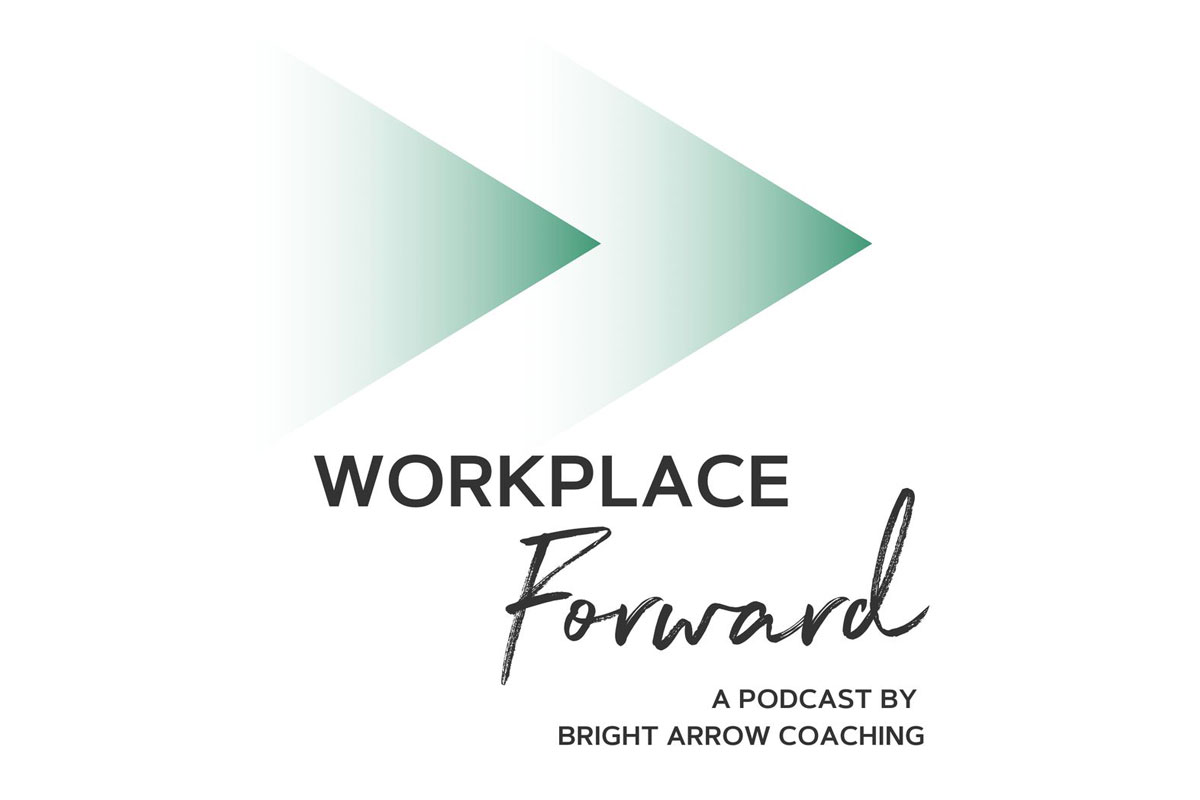I work with high-performing leaders and organizations that are in hyper-growth mode. Despite their great success, many talented leaders are suffering privately-secretly-because they are unaware that they are not alone in their struggle with the Imposter Syndrome. Women and men alike experience this phenomenon, though studies show we manage the experience differently.
What is the Imposter Syndrome?
Introduced in 1978, by Pauline Clance and Suzanne Imes, in a paper entitled, “The Imposter Phenomenon in High Achieving Women.” A concept describing individuals who are marked by an inability to internalize their accomplishments and a persistent fear of being exposed as a “fraud”.
I teach leaders about this topic in my workshops. In private sessions, I coach them through the challenges they experience associated with it. Many are pleased to find out that there is a name for this experience and that there are steps they can take to ‘soothe the Imposter’ (as I like to say).
Know that soothing and perhaps overcoming the Imposter Syndrome is a process. For most of my clients it helps them to know that they aren’t crazy for feeling this way. We sometimes inherit these tendencies and we are certainly influenced by our collective culture and subcultures. Frankly, sometimes it makes sense to feel like an impostor! (i.e. being the only minority or woman in the room, on the board, or at the party.)
Some of the world’s most talented people have admitted to feeling like they’ll be found out for the frauds they are: Emma Watson, Sheryl Sandberg, Sonia Sotomayor, Maya Angelou, Tom Hanks, Neil Gaiman, Michelle Pfeifer, Kate Winslett, Dr. Chan (Chief of the World Health Organization) and Seth Godin to name a few.
“I have written eleven books, but each time I think, ‘uh oh, they’re going to find out now. I’ve run a game on everybody, and they’re going to find me out.’ “ – Maya Angelou
Here are telltale signs you may be experiencing the Imposter Syndrome:
- Perfectionism
- Overworking
- Undermining one’s own achievements
- Fear of failure
- Discounting praise
Here is how it manifests in high-achievers (according to Clance and Imes)
- Diligence
- Feeling of being phony
- Use of charm
- Avoiding display of confidence
Resources I Recommend
- I reference a lot of Valerie Young’s work in my workshops and coaching. Her book,The Secret Thoughts of Successful Women, is a great for women leaders AND the people who know and/or manage them. Several of my male clients have read this and recommend it for all!
- Click here to download the original paper by Clance and Imes: “The imposter phenomenon in high achieving women: Dynamics and therapeutic intervention.”
How would your life be different if you could recover the energy you spend on perfectionism, overworking, undermining your achievements, managing your fear of failure or discounting praise?









